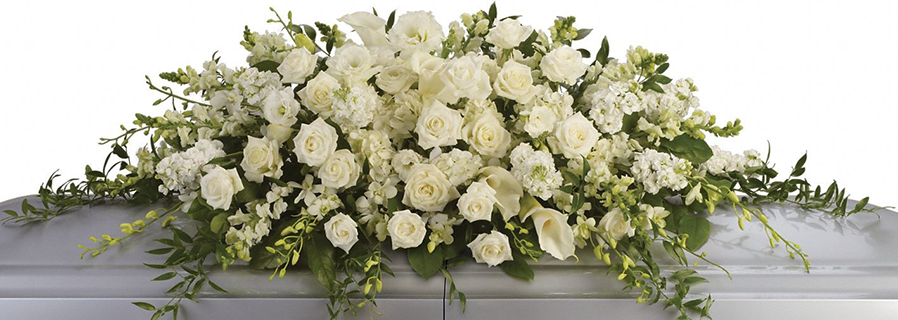
The Difference Between Jewish and Christian Funerals

Traditions surrounding funerals vary from religion to religion, so before you attend a service you should have some idea about what to expect. What is viewed as respectful in one religion may be considered offensive in another. This is why some careful research is necessary so that you can honor the deceased without inadvertently causing an issue.
Christian services
Christian funerals are typically centered on the ideas of eternal life and resurrection for the soul through the acceptance of Jesus Christ. A Christian funeral may incorporate some or all of the following elements:
- Readings, hymns, and prayers
- Incorporation of Eucharist, Mass, or Holy Communion (in Catholicism)
- Focusing on the idea of life beyond the grave through the power of God
- Special prayers as the body is buried
Other common elements during a Christian funeral service include:
- A call to worship (typically with a scripture reading)
- An opening hymn
- A prayer to comfort the bereaved
- A confession of sin
- An affirmation of faith
In most cases, families choose to have a funeral (where the body is present) as opposed to a memorial service where it is not. Historically, Christian services were known for their somber tones, however that has begun to shift in recent years. Some people now choose to position a funeral as a joyous celebration of life that incorporates much more brightness than in years past. However, some families still prefer to stick to somber tones and wearing dark clothing. There are no set rules in the faith about what the tone of the service should be.
Jewish funerals
Jewish funerals are typically held within 24 hours of the person's death, except in an unusual situation where family members must travel especially long distances to attend. The synagogue will typically play a major role in preparing for the service, including getting the funeral arrangements together and preparing the body.
Jewish funerals are heavily focused on traditions and rituals, and usually center on the immediate family members of the deceased. It is common for Jewish people to be buried instead of cremated, as traditional Jewish law defines cremation as desecration of the body. In many instances, a Jewish person will be buried in a simple pine coffin. After the burial is complete, many traditional Jewish families head home to sit Shiva and receive visitors. The period of mourning lasts for a year after the person's death.
Regardless of the kind of service you are attending, it is important to have some perspective and understanding about what will go on at the funeral. When you know what to expect and what is and is not appropriate, it makes it easier for you to support the family and honor the person who has died without accidentally causing offense.

